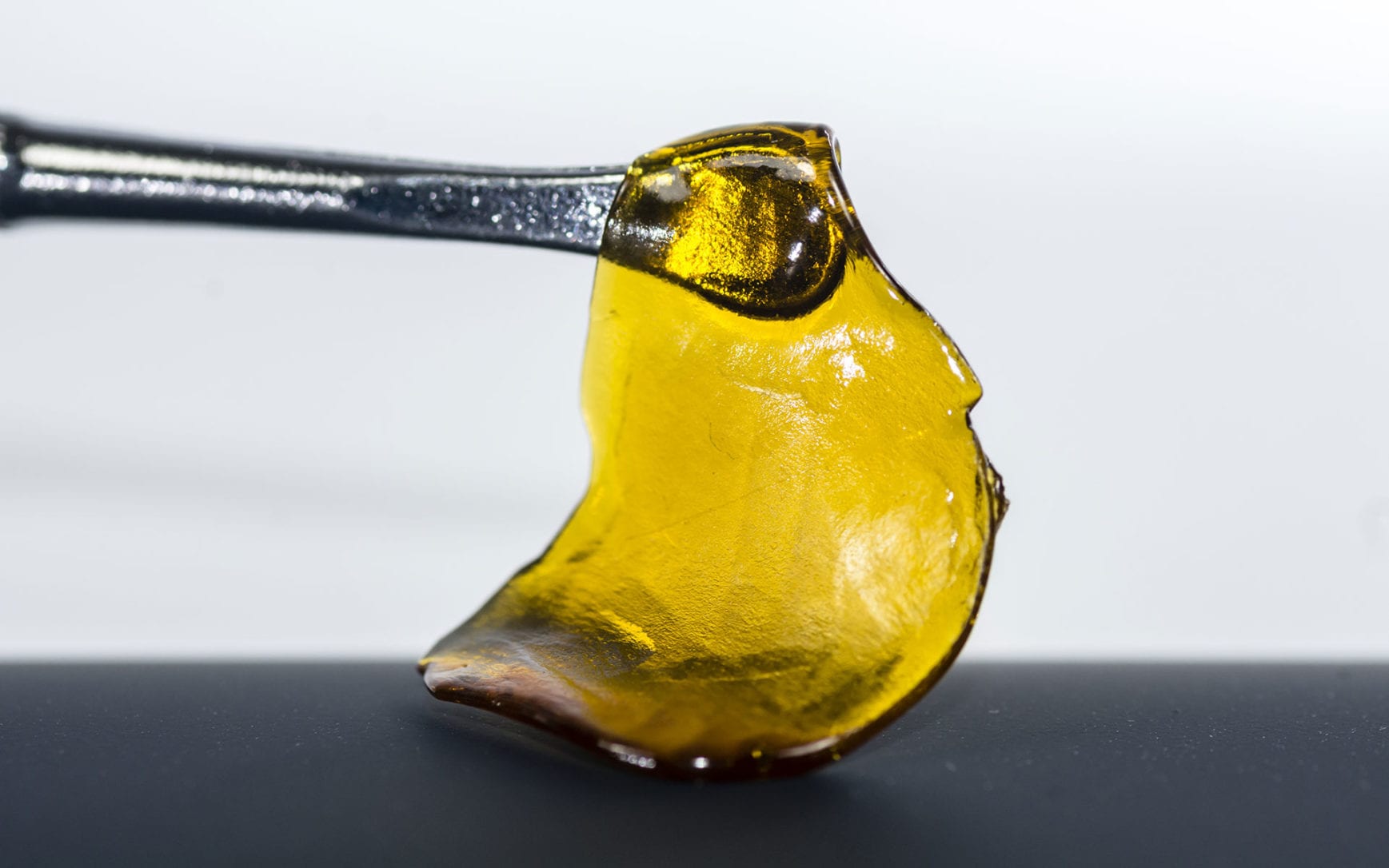Industry News, Legal, Local News, Politics
Washington state lawmakers bring bill to ban most cannabis concentrates
By Ben Adlin
Citing concerns about a suspected connection between cannabis and psychosis, a group of Washington state lawmakers wants to slash the allowed potency of all non-medical cannabis concentrates, limiting THC levels to no more than 10%.
The bill would force thousands of legal consumers into the illegal market, which has killed dozens with tainted vape cartridges.
The new proposal, House Bill 2546, would dramatically alter the face of Washington’s legal cannabis landscape by outlawing the vast majority of state-licensed vape cartridges, dabbable extracts, and other concentrated products. Such products are increasingly popular with consumers, lawmakers noted in the bill, accounting for nearly 40% of the state’s legal cannabis sales in 2019.
Experts warn that the move, ostensibly aimed at improving public health, could quickly backfire. Leo Beletsky, a professor of law and public health at Northwestern University, said that a blanket ban on such a large swath of popular products would likely drive consumers into the illegal market.
“There may well be rationale for eliminating some portion of the riskiest products on the market if there’s evidence to support that, but doing that with 40% off the products would make very little sense,” Beletsky said. “If 40% of the market is toward these products and then you ban them, you’d definitely be creating a push towards the black market.”
Illegal concentrates led to 57 deaths
And that’s where far more serious health dangers may lurk. Federal Centers for Disease Control (CDC) officials have concluded that vitamin E oil used to dilute illegal-market vape cartridges has been responsible for nearly all cases of VAPI (also known as EVALI), the deadly lung condition that has killed at least 57 Americans in the past year. Vitamin E oil did not show up in the state-licensed market because potency testing, which is required in legal markets, would reveal cartridges cut with vitamin E oil to be severely lacking in THC—and thus all but unsellable.
Beletsky called the proposed 10% THC cutoff “puzzling” and “arbitrarily low.” Recent studies have indicated a link between cannabis use and psychosis in a very small percentage of consumers, he acknowledged, but the science is far from settled. Some evidence, for example, suggests that patients with psychosis may actually be self-medicating with THC to better cope with symptoms.
“I think there is a reason for concern,” Beletsky said, “but we need far more information and far more high-quality research to try to guide these legal steps.”
10% pulled out of the air
The bill’s 10% cutoff comes from a study that defined “high-potency” cannabis as products containing more than 10% THC. The study found that regular consumers of high-THC products had higher instances of psychosis. But as Beletsky pointed out, the 10% threshold appears to be arbitrary, borrowed by lawmakers not because of its scientific grounding but simply because it was there.
“They cite this study where they used a 10% number for a cutoff for what they define to be high-potency,” he said. “I’m not sure that is a number that makes sense.”
Low potency would require more diluents
The new bill also raises other questions, such as how to effectively produce such low-potency extracts. Because concentrates are usually made from cannabis flower or trim that itself contains about 10% to 30% THC, concentrated extracts almost by definition contain more. Typical concentrates contain about 40% to 70% THC, while some purified products can approach nearly 100% THC.
To create concentrate products that would comply with HB 2546’s strict limit, processors would likely have to dilute their products or start with especially low-potency plant material, industry experts said.
Daniel Luebke, director of marketing and brand for Seattle-based cannabis extractor Heylo, said that to comply with the new rule, concentrate producers would need to blend THC extracts either with other cannabinoids, such as CBD, or add cutting agents to dilute the concentration.
“We’re trying to preserve the chemistry that’s in the flower and just make a concentration of it,” Luebke said. “To cater to the [new 10% THC] legal demand, we would have to be making an inferior product, essentially, and going away from the method we’ve developed, that our customers love.”
‘No measurable benefit’
Passage of HB 2546 wouldn’t ultimately impact consumer demand for high-potency concentrates, Luebke predicted. “It’s a question of whether they’re getting safe products and whether the state’s getting that revenue.”
Concentrate products manufactured by state-licensed companies are required to undergo lab testing, and may be recalled at the first sign of trouble. New state rules established after the nationwide vaping scare now limit many dangerous additives to vape cartridges and other state-licensed products. There are no such controls over illicit-market products.
Christine Bryant, marketing director for cannabis retailer Hashtag, said passage of HB 2546 “would decimate our inventory.” Even most of the store’s high-CBD concentrates, she said, come in at about 20% THC.
“I think I can even wrap my mind around the spirit of the bill,” Bryant said, acknowledging that the consequences of psychosis are “terrifying.” But she remains unconvinced “that a 10% cap on THC concentrates would provide any measurable benefit to end consumers.”
Read more from the source: Leafly.com
Photo: (Mitch/iStock)


